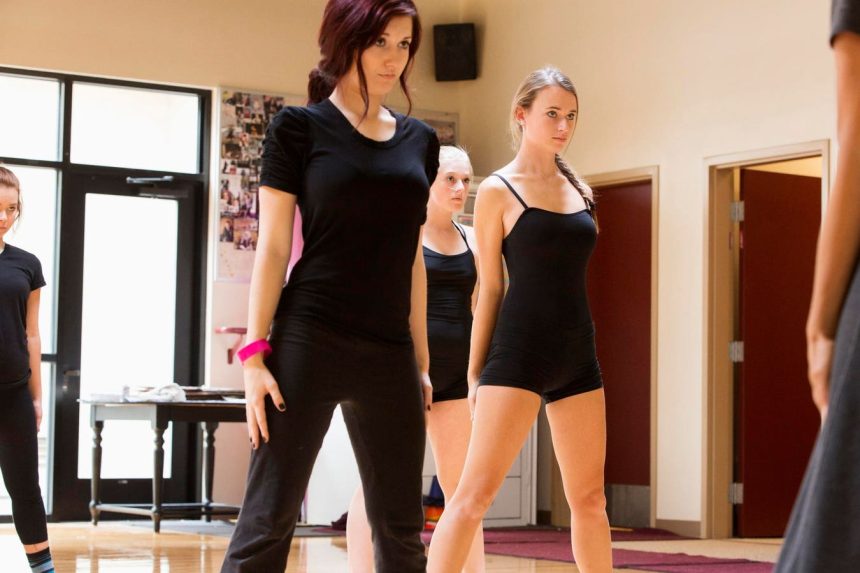The landscape of collegiate athletics is undergoing a significant shift as attention increasingly focuses on the holistic well-being of student-athletes. While the spotlight shines brightly on competitive athletes vying for conference championships, a broader definition of “student-athlete” is emerging, encompassing students whose athletic pursuits extend beyond traditional sports. A 2024 study highlighted the unique pressures faced by over 520,000 college students participating in sports, prompting organizations like the NCAA to prioritize mental health support. This growing awareness necessitates a reevaluation of how colleges and universities categorize and support students engaged in athletic endeavors, recognizing the parallel needs of both competitive and performing student-athletes. The distinction between competitive student-athletes, who fall under the NCAA’s purview, and performing student-athletes, such as dancers, cheerleaders, and musicians, often leads to disparities in resource allocation despite comparable demands.
A key area of disparity lies in access to resources that optimize physical performance. Competitive student-athletes often benefit from comprehensive support systems, including sports nutritionists, strength and conditioning coaches, athletic trainers, and university-covered injury treatment. Performing student-athletes, however, frequently lack these vital resources. Dance students, for instance, might bear the financial burden of injury treatment themselves, while fine arts departments often lack the dedicated staff for nutrition and training that athletic programs enjoy. This inequity underscores the need for a more inclusive approach to supporting the physical well-being of all students engaged in demanding physical activities, regardless of whether their pursuits fall under the traditional athletic umbrella.
Addressing the mental health needs of student-athletes is another critical area. The NCAA’s 2023 report revealed persistent mental health challenges among competitive student-athletes, with significant percentages reporting feelings of overwhelm and exhaustion. The pressure to perform, coupled with personal stressors, can negatively impact their well-being. Consequently, many athletic departments provide access to sports psychologists, counselors, and connections to campus counseling services. Unfortunately, these specialized mental health resources are often unavailable to performing student-athletes, who are typically categorized with the general student population and miss out on tailored support.
Academic support is another area where discrepancies arise. Many universities offer robust academic programs specifically designed for competitive student-athletes, featuring resources like study lounges, tutoring, exam proctoring, and career counseling. These programs, exemplified by institutions like UNC Chapel Hill, acknowledge the unique academic challenges faced by competitive athletes due to demanding training and travel schedules. Accommodations like early registration and specialized advising further support their academic success. However, performing student-athletes, who may face similar time constraints due to rehearsals and performances, are often excluded from these tailored academic support systems.
The evolving understanding of the term “student-athlete” necessitates a re-examination of how resources are allocated. Institutions like Vassar and Ithaca College are leading the way by offering course credit for participation in competitive athletics, mirroring the practice already in place for performing arts disciplines. This approach recognizes the value of athletic pursuits within the broader liberal arts context and can alleviate academic pressures on student-athletes. It also aligns with the growing recognition that all students engaged in demanding physical activities, regardless of their classification, deserve equitable access to resources that support their overall well-being.
The University of North Carolina at Chapel Hill’s “Artists are Athletes/Athletes are Artists” campaign highlights the underlying similarities between these two groups, emphasizing that the dedication, discipline, and skill required for both athletic and artistic endeavors merit equal recognition and support. As the collegiate landscape continues to evolve, institutions must adopt a more holistic and inclusive approach to supporting the needs of all student-athletes, recognizing the shared challenges and demands they face regardless of whether their pursuits take place on the field, the stage, or the studio. This involves bridging the gap in resource allocation and ensuring equitable access to physical and mental health services, academic support, and other resources that contribute to their overall well-being and success.



